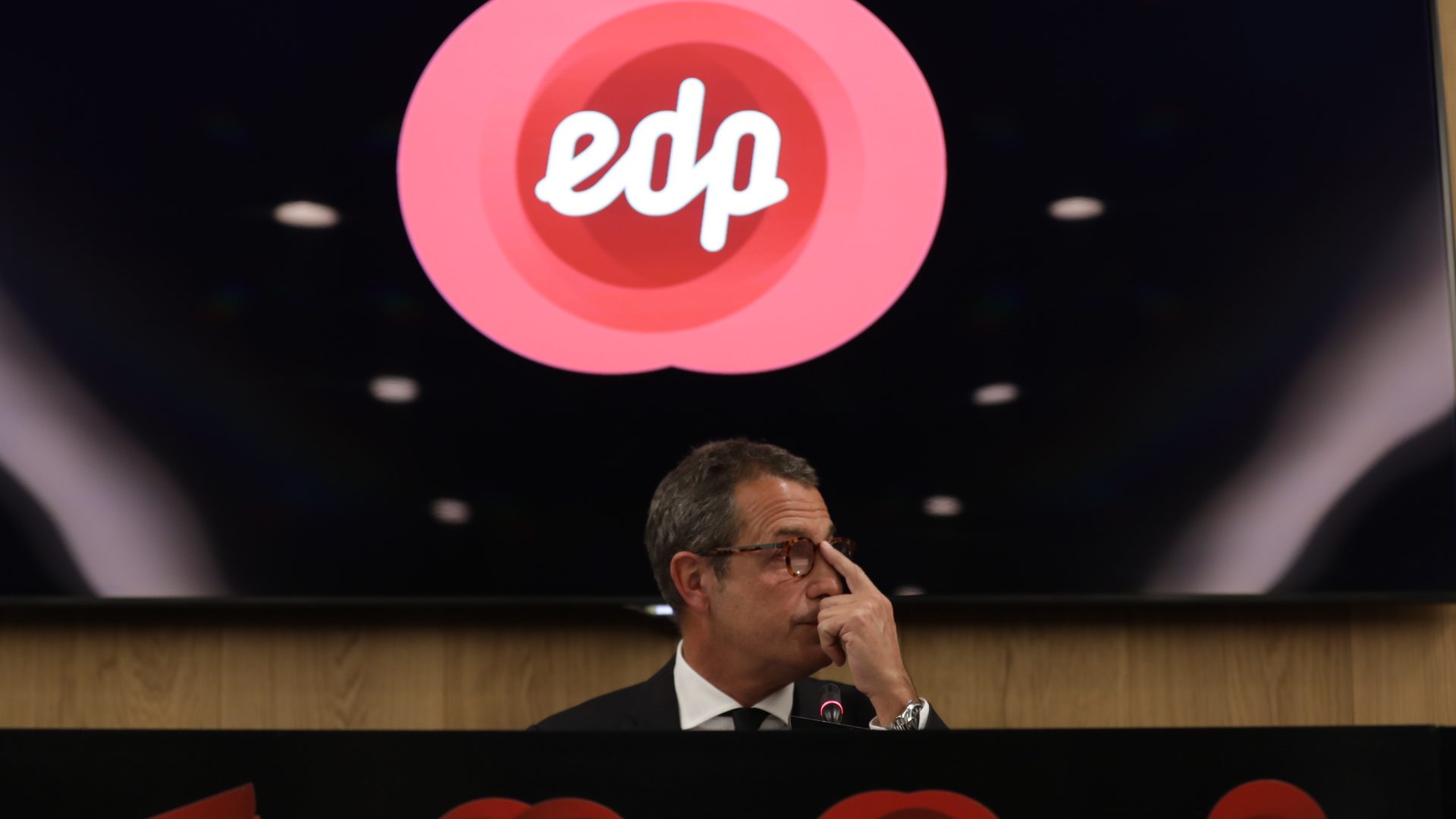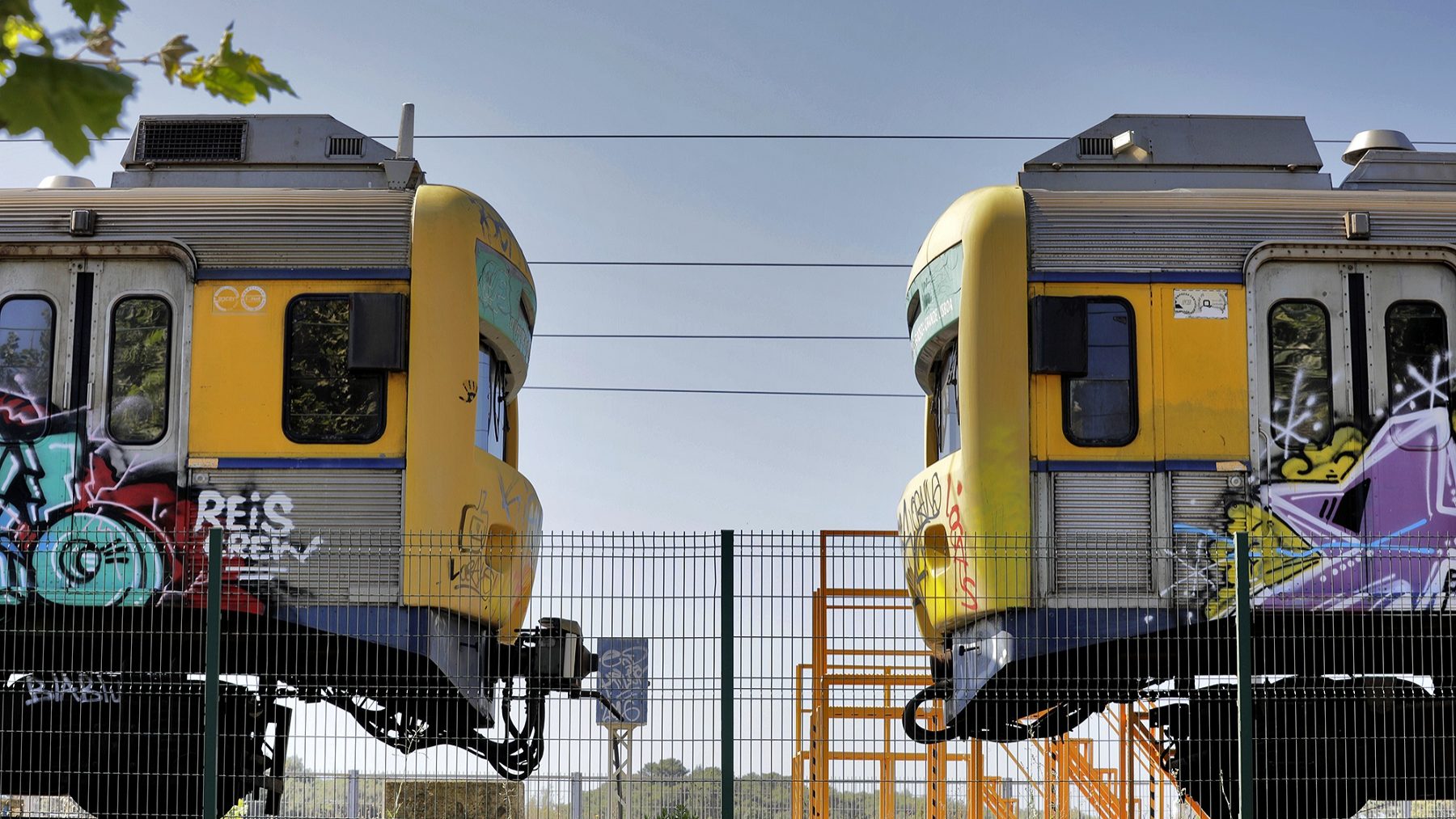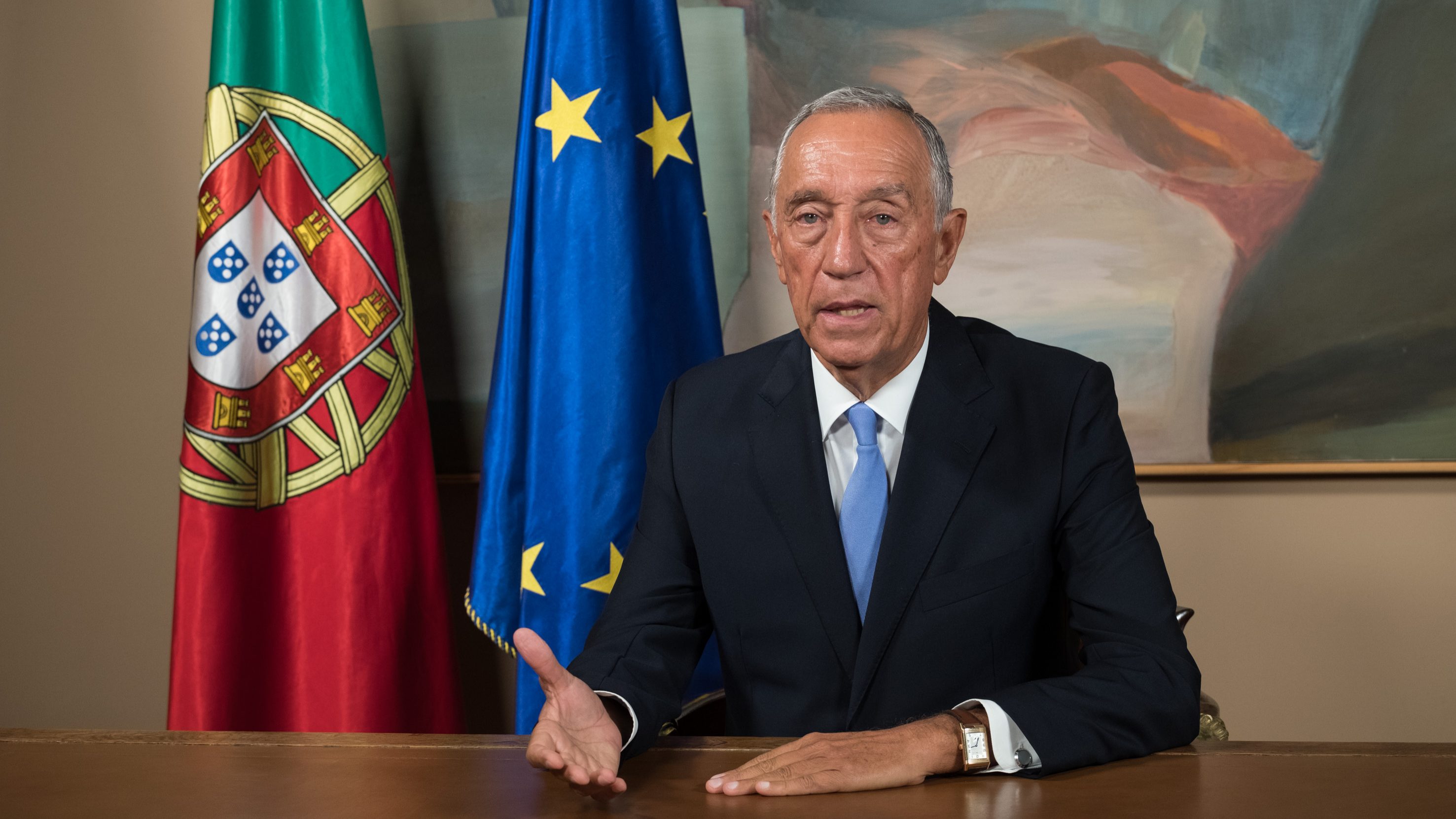Who will be the next governor of the Bank of Portugal?
Carlos Costa is the current governor of BdP, but in two years he will have to leave the banking institution's leadership. Elisa Ferreira was short-listed, amongst others like Minister Centeno.
Elisa Ferreira, the vice-governor of the BdP, isn’t running for the leadership of the ECB’s supervisory body (SSM), meaning she can still be appointed to Carlos Costa’s position after all. The central bank’s governor will only be done with his tenure in 2020, but there is already a lot of speculation as to who will take his role in the BdP. With the European elections and the Portuguese legislative elections right around the corner (2019) it is urgent to decide who will “overthrow” Carlos Costa.
BdP’s organic law predicts that a governor’s tenure, that lasts five years, can only be renewed once — and Costa’s position was renewed in 2015, by the executive of Passos Coelho, then prime-minister of Portugal. By July 2020, therefore, he will certainly not be appointed again.
This same law determines how the appointment is proceeded, with the Minister of Finances of the country being responsible for indicating his chosen nominee for the role, to the Council of Ministers, which will deliberate on the nomination. It is then up to the Council of Ministers to accept or revoke the candidate, after hearing the Parliamentary Committee on Budget, Finances and Administrative Modernization’s opinion.
Although it is not completely certain, the decision of the vice-governor of the BdP to stay in the Portuguese central bank instead of applying for the ECB’s SSM, to replace Danièle Nouy, might exactly mean that Ferreira will still be shortlisted to become BdP’s new governor. For a long time now, public opinion has speculated that the vice-governor would apply to the role.
In 2016, Elisa Ferreira and Luís Máximo dos Santos arrived at the BdP to become administrators of the central bank and they were both seen as potential candidates for futures governors. They both please the current prime-minister, António Costa, and were often seen, in especially tense situations, as a bridge between the governor, Carlos Costa, and the government.
The ex-MEP represented the Socialists in Europe for more than a decade having distinguished herself in the area of the monetary union strengthening and helped the Socialist Party to build-up their 2015 election manifesto. Máximo dos Santos, António Costa’s colleague and friend from law school in Lisbon, was already part of the bank and assumed the responsibility for the processes regarding BES.
After a year in the central bank, they both assumed the vice-governor positions, becoming second in line for succeeding Carlos Costa once he would finish his mandate.
PSD considered, at the Parliament, in the event of their appointment, that both were apt for the positions, highlighting their CV’s, and especially Ferreira’s work as an MEP over the last few years, with Passos Coelho enhancing her role in the strengthening of the monetary union.
Centeno and the political calendar
António Costa has other options outside the banking institution. One of them being the Minister of Finances himself.
Marques Mendes, in April, noted that Centeno could be willing to become governor of the BdP, after having achieved the leadership of the Eurogroup. Another option for him, according to Marques Mendes, would be to become an EU commissioner.
The political calendar will dictate much of his future, however, as in May 2019 countries should already put forward the names of those who they want to appoint for the European Commission. This will be a key time to figure out whether Centeno is or isn’t interested in the role.
Expresso, a Portuguese newspaper, also wrote that Centeno had the ambition of working at the EU level. In order for this to happen, however, he would have to quit the government position he holds at the moment, before the legislative elections end. He would also have to quit his role as the Eurogroup leader, as there would be a conflict of interests; at the European level, these role accumulations cannot happen.
Internal reasons might as well motivate Centeno towards accepting the role of BdP’s leadership. Next fall — and already after the EU commissaries being chosen — the legislative elections in Portugal will take place.
PS’s assistant secretary general, Ana Catarina Mendes, has announced publicly that she would see Centeno as the minister of finances again. She also defended the Eurogroup president from João Galamba’s comments on his statement regarding the end of the troika in Greece.
Who else might be appointed?
Besides these three candidates (Mário Centeno, Elisa Ferreira and Luís Máximo dos Santos) there is another name under the radar: Paulo Macedo. Even though he was a minister under Passos Coelho’s administration and the Minister of Taxation under Barroso’s administration, he was appointed by Costa’s executive for the role of president of the CGD, the Portuguese public bank, after the resignation of António Domingues in 2016.
The government saw no chance then than to appoint Macedo for the role at CGD, even though they would have prefered to keep him as a safety deposit for some positions opening up soon at the central bank. However, his mandate at the Portuguese public bank CGD is ending in 2020, and by then the state will pick Carlos Costa’s successor.
On the government’s agenda, there is the idea of reforming the role of the BdP’s governor, giving it more supervisory power.




